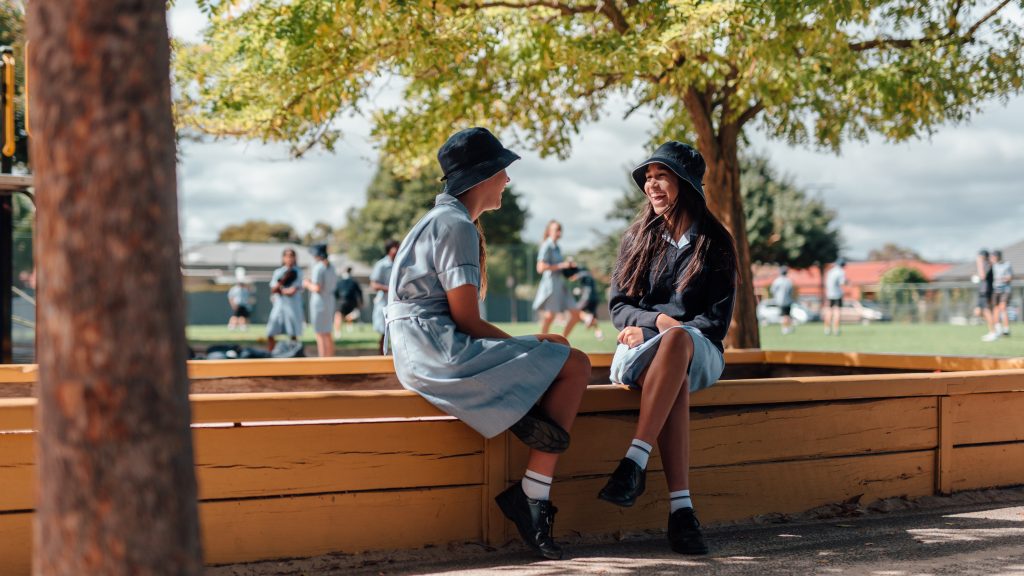Year 10 Subjects – Physical Education
Level: Year 10
Subject Name: Physical Education
Prerequisites: Year 9 Health and Physical Education
Assumed knowledge: Year 9 Health and Physical Education
Course Summary
The Year 10 Physical Education curriculum supports students to refine and apply strategies for maintaining a positive outlook and evaluating behavioural expectations in different leisure, social, movement and online situations. Students learn to critically analyse and apply health and physical activity information to devise and implement personalised plans for maintaining healthy and active habits. They also experience different roles that contribute to successful participation in physical activity, and propose strategies to support the development of preventive health practices that build and optimise community health and wellbeing.
Students learn to apply more specialised movement skills and complex movement strategies and concepts in different movement environments. They also explore movement concepts and strategies to evaluate and refine their own and others’ movement performances. Students analyse how participation in physical activity and sport influence an individual’s identities, and explore the role participation plays in shaping cultures. The curriculum also provides opportunities for students to refine and consolidate personal and social skills in demonstrating leadership, teamwork and collaboration in a range of physical activities.
Practical Units
Year 10 students engage in a diverse range of sports throughout the year, designed to build skill, teamwork, and personal fitness. These may include:
| Badminton | Soccer |
| Basketball | Squash |
| Netball | Touch Football |
| Personal Fitness Training | Volleyball |
Theoretical Units
Year 10 theoretical topics are selected as a bridge to senior Physical Education studies, setting students up for success in Years 11 and 12. Key topics include:
- Energy, Fitness, Training and Physical Activity
- Senior First Aid Accreditation
- Game Analysis and Tactical Awareness
- Sports Injury Prevention and Management (Level 1 Sports Trainer Accreditation)
- Sport Psychology
- Functional Skeletal and Muscular System
- Training Principles, Methods and Strength and Conditioning
Learning Tasks and Assessments
Students consolidate their learning through a range of meaningful and varied tasks. These assessments encourage reflection, application, and deeper understanding:
- Self, Peer and Video Analysis
- Personal Reflections and Journals
- Analysis of News Articles and Other Sources
- Completion of Nationally Recognised Courses
- Practical Coaching Sessions
- Multimodal Presentations
- Written Reports
- Statistical Analysis
- Additional projects based on student interests and strengths
Uniform Expectations
As part of Health and Physical Education lessons, students are required to wear the correct PE uniform consisting of:
- Emmaus polo shirt
- Emmaus shorts (Shorts need to be correct fit and not too baggy)
- Emmaus wide brim or bucket hat
- Running shoes or cross trainers (Skate Shoes or Dunlop Volleys are not permitted as they don’t provide appropriate support for ankles or sole of their feet)
- Emmaus tracksuit on cooler days (Shorts and shirts need to be worn under the tracksuit so that it can be removed when students have warmed up)
- Sports drink bottle (water only)
Students that are injured or ill are still required to be changed, as they will be incorporated into the lessons where possible (i.e. umpiring, coaching, statistician, video recorder, etc.). A note from parents / caregivers or specialist is appreciated outlining your child’s injuries and possible timeframe that they may be inactive for during practical lessons.

